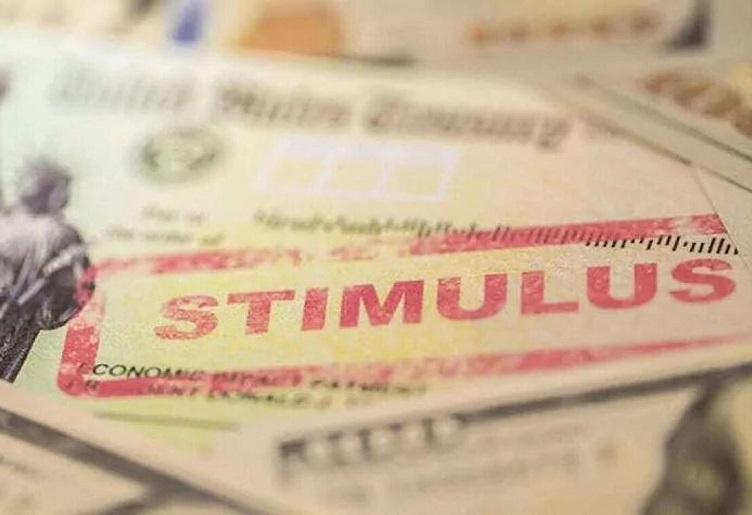Scams with the stimulus checks have been around since the first checks were rolled out when the pandemic started.
In multiple occasions, we have reported different kinds of scams that people were reporting over time. In most of the cases, scammers would ask the victims to put their personal information which should be later used for illegal activates.
Now the IRS once again warns everyone that stimulus checks frauds are seeing an increase especially in June and July when a record number of reports have been filed for possible scams.
“Even though taxpayers have received multiple rounds of Economic Impact Payments, we saw phishing scams surge this summer,” Jim Lee, the head of the IRS’s Criminal Investigation division, said in a news release on Tuesday. “The number of reported scam attempts reached levels we haven’t seen in more than a decade. More than ever, it is important for taxpayers to continue to protect their personal information and not fall victim to these scams.”
Two major types of scams in the last couple of months are those when victims are asked to share their personal information or to pay certain amount to get eligible for stimulus checks.
The scammers use all the available options for them to scam the victims. According to the IRS, scammers reportedly use all types of communication including text messages, emails, phone calls, pretending to be sent from the IRS themselves. Then they make the possible victims to visit IRS look-alike websites and proceed with the payment or writing down their personal information.
One recent reported scam involves taxpayers being sent texts indicating they qualify for a “stimulus payment,” and that to claim it, they must click on a link and fill out information, according to the IRS.
In another occasion, the scammers were sending phishing emails to possible victims redirecting them to false website where they were asked to fill out their personal information following the emails where they are informed they are eligible for stimulus check according to their fiscal history.
IRS once again said that they won’t contact you in any way especially not by asking you to pay something in cryptocurrency or gift cards.
Another important thing that scammers usually to is false capitalization, grammatical and spelling errors in those text messages or emails. Additionally, scammers usually use shortened links redirecting them to scam websites.
Anyone who suspects they have received a phishing attempt from an IRS-related correspondence is asked to forward the message to [email protected].















































































